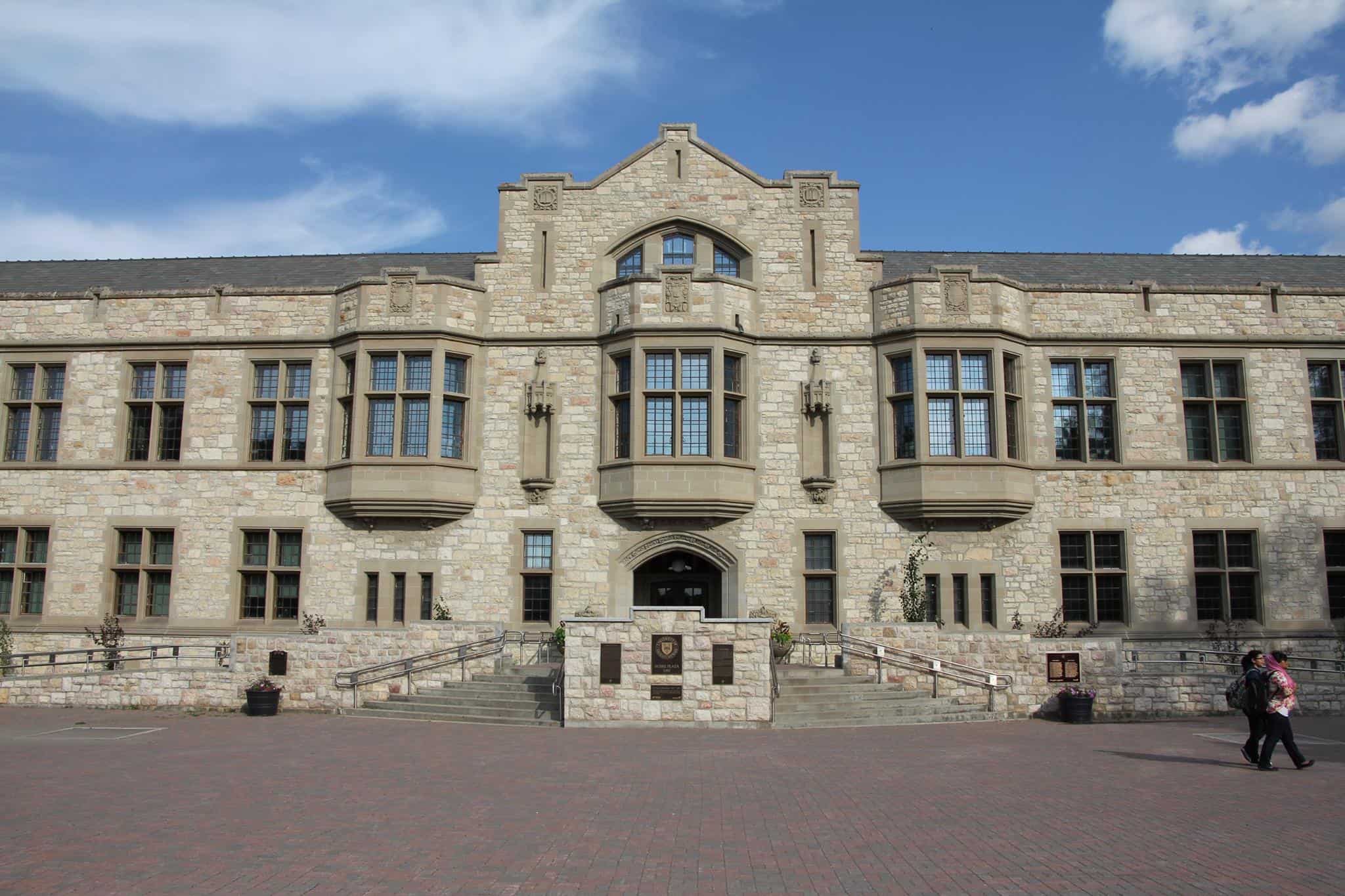
Student-teacher support not on the table
On Feb. 10 and 11, members of the Saskatchewan Teachers’ Federations (STF) will head to their own version of the polls. They are not voting for a new political figure, but rather whether they give their bargaining group the go ahead to impose sanctions against the government. The STF, the representative for all public educators in the province, has been in bargaining for nine months.
Unlike other unions, including the University of Regina Faculty Association, the STF has been in the media a lot since their contract expired. STF President Patrick Maze says that a media-forward approach is needed in order for his members to get the deal they have put on the table – one that includes increases over all three years of the deal as well as measures on class composition and sizes – and for the public to understand the importance of the federation’s position and goals.
“I think education is a matter that’s of critical importance to everyone right across the province, and even if people, members of the public, don’t have children they still rely on the public education system to make sure that graduates out of grade 12 are able to be employable and that they’re able to be good civic members, and that they integrate into society well.”
In the interview, Maze said that the measures towards regulating class sizes and class composition have to do with an influx of EAL (English as an Additional Language learners) students as well as the variety seen across the province’s many school divisions in terms of demographics and the need for inclusivity.
“We know that inclusion is a good thing but the problem is inclusion, in order for it to work, needs to be supported properly. We need to make sure that students have all the supports that they need and that it doesn’t just all fall on the classroom teacher to support all students. And so then, in many classes in the cities … we’re finding that the numbers are high and the composition is out of whack, and we need to make sure that our schools are properly supported otherwise it just ends up being teachers in damage control and putting out fires all day … Teachers go into the profession in order to make a difference, and they want to help their students, and if you’re going home at the end of the day each day feeling exhausted and overwhelmed, and not feel[ing] like you’re reaching students, then, you know, you kind of question what the purpose is and you end up being burnt out.”
Saskatchewan’s Minister of Education, Gord Wyant, positioned the government’s deal as “pretty good” in an interview with the Star Phoenix’s Alex McPherson. It has been widely reported that the government has been engaged in “urgent consultations,” but the STF wants a commitment at the bargaining table. Maze said that effort has been hampered by the move away from binding arbitration and towards conciliation as part of the federal Bill 62. Now decisions made during conciliation, which the STF walked away from last month, are not binding. Instead of a neutral party committing both sides to an outcome, conciliation only asks that the two sides sit down at a table and talk, for all intents and purposes.
The latest bargaining update placed the blame, unsurprisingly, on the provincial government.
“The STF Executive is seeking for the STF membership to send a strong message to government by providing an overwhelming vote in favour of sanctions. The recent failure of the Government-Trustee Bargaining Committee to engage in meaningful negotiations during conciliation resulted in the Teachers’ Bargaining Committee bringing the conciliation process to a close.”
When questioned on the possible next steps that could follow the mid-February vote, Maze said that student-teachers, like those in the University of Regina’s program haven’t been considered specifically aside from being called, as he said “honourary members” of the federation.
Education students on internship are required to pay for a full semester’s worth of tuition while they are unpaid by the school division. Maze says he’s “on the fence” about the arrangement because the work of a student teacher does not mean less work for the supervisory but insisted that “the intent is to pave a better future for them.”
“It’s an interesting relationship … I mean there are benefits, obviously, to interns that get to work an actual classroom, who get to work with a, usually, veteran teacher and learn from them, and of course it’s part of the requirement of getting the teacher’s certificate, but as far as compensation, that hasn’t really been discussed much with me or to the bargaining team that I’m aware of.” [Editor’s note: it is unethical to require people work for you for free in order to receive accreditation.]
The last time a movement such as this was started was 2011. That round of bargaining saw voluntary service, like extracurricular events, withdrawn. As one example, the provincial track meet was cancelled that year.
Maze said he didn’t want to “tip the hand” of the federation in terms of what sanctions could mean, but said that there is a wide range of possibilities.
“It’s not easy for anyone doing any kind of job action, any sanctions, which could include withdrawal of voluntary service like extracurricular or it could include up to a full scale walk out. Nobody wants to do that, and nobody wants it to get to those points, but that said, how do you make a difference if you don’t take a stand once in a while and let government know that you’re not going to be pushed around?”









